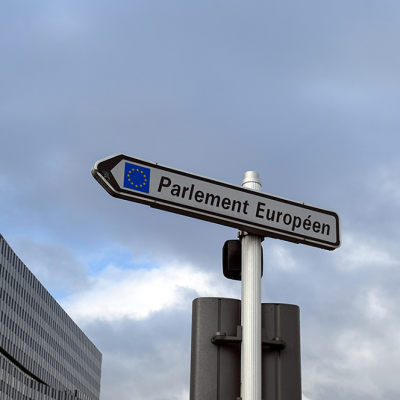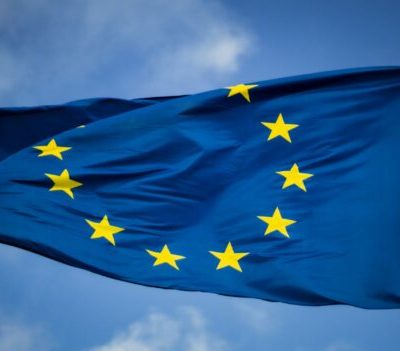
War in Ukraine, European elections, farmers’ movements, CETA or Mercosur, regulatory pause around the Green Pact… this busy European news cycle never ceases question the place, role and future of the European Union in the face of current internal and external challenges. In her March blogpost, Nicole Gnesotto looked at the progress (or lack thereof) of a powerful Europe facing current geopolitical challenges. The war in Ukraine and the prospect of Donald Trump’s re-election in the United States have put the European defence question back at the top of the agenda. However, beyond the announcements and the discernible urgency, Europeans are divided over the means, and in particular the mobilisation of new financial resources. Increasing spending, releasing a new loan, mobilising the financial markets – the disagreements are at least as numerous as the innovative ideas. Beyond defence, they also reflect very different visions of the future of European integration and the resources that must be invested in it.
Yet there is an urgent need to work together, as highlighted by the interview given by Enrico Letta to several European newspapers in mid-March. During said interview, he expressed concern about the fact that the European economy was falling behind that of the United States. The interview leads us to conclude that this is also the result of a Europe that does not have all the attributes of power, primarily being economic and financial issues. To remedy this, we need to continue, or even resume, the integration of the single market as an essential condition for boosting innovation and the funding needed for the energy, digital and social transitions underway, while harmonising and even integrating our rules to simplify and reduce bureaucracy and make it easier for businesses to operate and for European citizens to get on with their daily lives. Like the article published by our colleague Sébastien Mack, from the Jacques Delors Centre in Berlin, who explains that when it comes to security, for example, the lack of standardisation and legal harmonisation is currently preventing the EU from taking full advantage of the opportunities offered by such investment mechanisms.
The presentation in mid-April of Enrico Letta’s report on the future of the single market will undoubtedly provide a key analysis on the path to be adopted to enable the European Union to adapt to this new world, which is more fragmented, more full of crises and also more threatening. The challenges posed to the European Union in this context have once again motivated the various publications of this month of March and, no doubt, of the month of April to come. Such is the case with the forthcoming European elections, which Bruno Cautres and Thierry Chopin describe as a “key moment” for European democracy and the future of the European project, both because of the results, which look uncertain as to the weight of the nationalists in the next parliament (some of whom are showing indulgence or even support for Russia, which is questionable), and because of the time in which they are taking place, with the uncertainties linked to the war in Ukraine and at a time when the American elections could bring to power a man who wants to settle this war in 24 hours.
It is also a time of enlargement, as in the case of Montenegro, whose new government hopes to join the EU by 2028. It is supported by an overwhelmingly pro-European public opinion (around 80%) and would then be the 1st country to benefit from future enlargement. This ambitious objective is an important motivation that reinforces the country’s progress towards the necessary reforms, even if there are still many obstacles to overcome, explains Sébastien Maillard. March is also traditionally the month when we talk about or revisit issues of equality between men and women, a key issue in Europe. To mark Women’s Day on 8 March, Lara Martelli has produced an infographic on the subject, illustrating both the progress made and the road still to be travelled.
Finally, the blogpost by Renaud Lassus from Europe Jacques Delors in Brussels reminds us of the urgent need to address another often forgotten challenge: marine biodiversity. He suggests ways of mobilising private investment, once again raising the financial question. The term of office just ending had come up with innovative financing solutions, such as the Carbon Border Adjustment Mechanism (CBAM), and succeeded in imposing a major loan to deal with the crisis triggered by the Covid pandemic. The current term of office will have to be even more ambitious (new loan? capital market union? new own resources?).
Sylvie Matelly
Director of the Jacques Delors Institute




